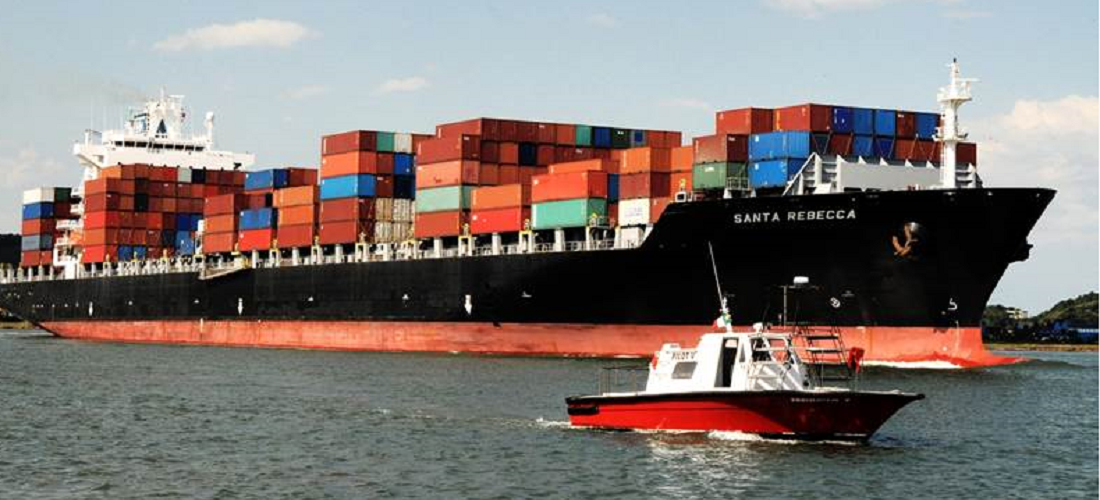
ABIMAPI presents research on effects of pandemic on international maritime transport
Jul, 01, 2021 Posted by Ruth HollardWeek 202127
According to data from the survey conducted by the sectorial project ‘Brazilian Biscuits, Pasta and Industrialized Breads & Cakes’, by ABIMAPI (the Brazilian association of cookies, pasta, and industrialized bread and cakes ), in partnership with Apex-Brasil (Brazilian agency for the promotion of exports and investments), companies that formerly waited for an average of 26 days between a request for cargo reservation and the actual shipment are now waiting 33 days. There are even extreme cases whereby companies made the request and the cargo shipped in 20 days or even 50 days.
Concerning sea freight, companies felt an increase of 62% in shipping costs. “With the increase in demand during the pandemic and the delay, the increase in shipping costs harms performance; around 50% of our associates have already lost exports,” explains Rodrigo Iglesias, ABIMAPI’s International Director.
Rodrigo points out that large companies and multinationals that ship constantly end up being prioritized when shipping food, while small and medium-sized companies that do not have a regular monthly shipment end up being harmed. “We work with essential foods for the population, so it is urgent that measures are taken to make the process more assertive and functional”, he adds.
More than 80% of exporting companies use 20′ Dry, 40′ Dry, or 40′ High Cube containers. The emphasis is on 20′ Dry containers, which alone account for more than 40% of export demand. Such concentration in this type of equipment for cargo shipments can explain why the company has difficulty finding them. The wait for loading can be long and costly. Among the countries with the greatest difficulties in exporting are: Saudi Arabia; Canada; China; Colombia; United Arab Emirates; U.S; Kuwait; Japan; and Venezuela
Most cargoes are in the states of São Paulo (35%), Rio Grande do Sul (24%), Paraná (13%), and Santa Catarina (10%). São Paulo and the southern states account for 82% of the country’s total. What is the consequence? The ports of Santos (41%), Rio Grande (24%), Paranaguá (10%), and Navegantes (10%) concentrate 85% of shipments from throughout Brazil.
“More shipping dates, an increase in the fleet of ships to meet world demand, and making more ships and containers available to regulate supply and demand, are some of the solutions to improve the costs and conditions of shipping goods”, completes Rodrigo Iglesias.
Source: Comex do Brasil
To read the full original article, visit the link:
-
Oil and Gas
Dec, 14, 2023
0
Imports can hold back investments in biodiesel
-
Shipping
May, 20, 2021
0
Maersk launches NeoNav artificial intelligence solution in Brazil
-
Ports and Terminals
Dec, 12, 2023
0
DP World to Invest $200 Million in Santos Port Expansion
-
Meat
Apr, 30, 2019
0
Argentina receives approval to export pork to China


